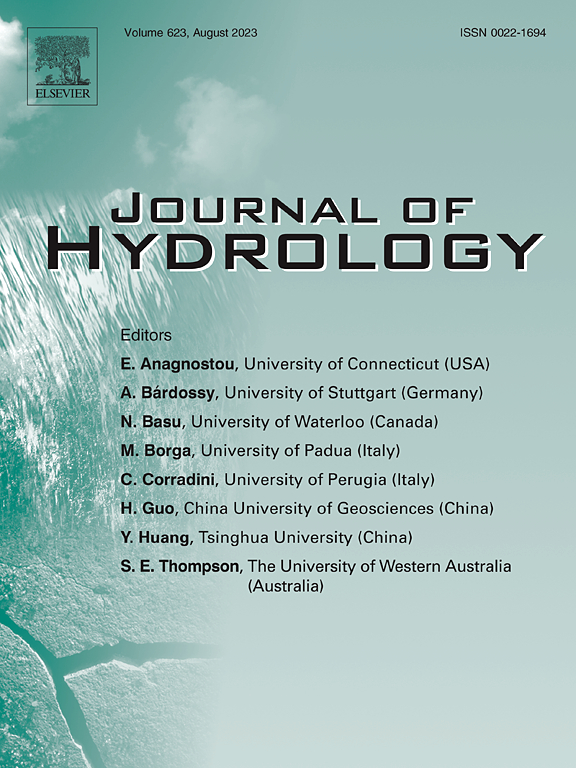超越水资源管理的传统范式:解决深度不确定性的情景思维
IF 5.9
1区 地球科学
Q1 ENGINEERING, CIVIL
引用次数: 0
摘要
水资源的可持续管理对人类至关重要。然而,实现这一目标的传统方法正在变得过时。这是因为它们的基础假设是,我们对未来的水资源供应和需求将如何变化有了很好的了解。然而,根据我们目前应对气候变化的经验,情况并非如此。事实上,我们并没有很好地理解未来会是什么样子,而是对未来充满了不确定性。因此,需要一种新的水资源管理模式;一种通过采用情景思维来解释深度不确定性的方法。我们对水资源管理中深层不确定性的不同原因进行了分类和总结,并提供了基于情景思维的新兴范式如何处理这些不确定性的例子。我们希望激发讨论,使这种新范式得到进一步发展,并嵌入到标准实践中。本文章由计算机程序翻译,如有差异,请以英文原文为准。
Beyond the traditional paradigm of water resources management: scenario thinking to address deep uncertainty
Sustainable management of water resources is crucial for humanity. However, traditional methods for achieving this are becoming obsolete. This is because they are underpinned by the assumption that we have a good understanding of how water availability and demand will change in the future. However, based on our current experience with climate change, this is not the case. In fact, rather than having a good understanding of what the future might look like, it is, in fact, deeply uncertain. Consequently, a new paradigm for water resources management is needed; one that accounts for deep uncertainty by embracing scenario thinking. We categorize and summarize different causes of deep uncertainty in water resources management and provide examples of how an emerging paradigm rooted in scenario thinking can deal with these. We hope to stimulate discussion to enable this new paradigm to be developed further and embedded in standard practice.
求助全文
通过发布文献求助,成功后即可免费获取论文全文。
去求助
来源期刊

Journal of Hydrology
地学-地球科学综合
CiteScore
11.00
自引率
12.50%
发文量
1309
审稿时长
7.5 months
期刊介绍:
The Journal of Hydrology publishes original research papers and comprehensive reviews in all the subfields of the hydrological sciences including water based management and policy issues that impact on economics and society. These comprise, but are not limited to the physical, chemical, biogeochemical, stochastic and systems aspects of surface and groundwater hydrology, hydrometeorology and hydrogeology. Relevant topics incorporating the insights and methodologies of disciplines such as climatology, water resource systems, hydraulics, agrohydrology, geomorphology, soil science, instrumentation and remote sensing, civil and environmental engineering are included. Social science perspectives on hydrological problems such as resource and ecological economics, environmental sociology, psychology and behavioural science, management and policy analysis are also invited. Multi-and interdisciplinary analyses of hydrological problems are within scope. The science published in the Journal of Hydrology is relevant to catchment scales rather than exclusively to a local scale or site.
 求助内容:
求助内容: 应助结果提醒方式:
应助结果提醒方式:


